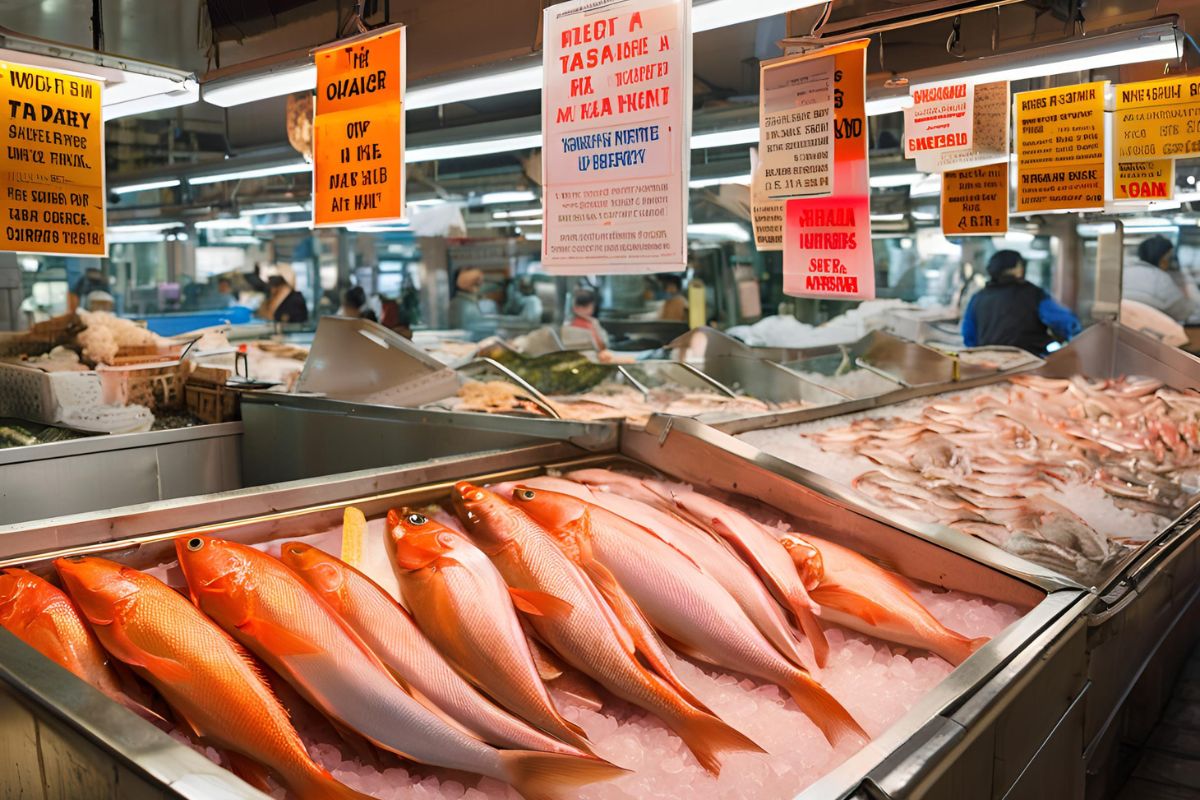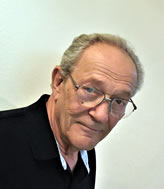I’m not a food nut. Organic/non-organic matters not. Though moderately careful about fat intake, I eat most anything, providing I like it. However, eating dangerous food is another story, which this brief article will address. I thought it worthy to share with my friends and fans.
Next time you’re at a seafood restaurant where you are tempted to order a fish sandwich, or fish and chips (usually fried) ask the server what kind of fish that is. If they say Cod, Mahi or Pollock, enjoy your meal. If they say Basa, take a pass. Basa has become a popular white fish which restaurants substitute as cheaper meat than free-caught ocean fishes. What the restaurant doesn’t tell you is that Basa is a bottom-dwelling catfish variety farmed in the Mekong Delta regions of Viet Nam, frozen and shipped at low prices to the U.S.
The Mekong Delta is known to be dangerously polluted. Fish farms are created with waters from the delta. This fish is now banned in three states; Louisiana, Mississippi and Alabama. The Vancouver Aquarian Ocean Wise Program, via their web site, recommends that people avoid the Basa fish as it is associated with disease outbreaks and infection of wild Basa populations.
Here’s one American that shot a video in Viet Nam at one of their Basa fish farms. It’s a bit long, but you’ll get the idea.
Click here: ? Vietnam Basa fish farm – YouTube
Here’s a part of Wikipedia’s carefully worded report on Basa:
Several environmental organizations concerned with marine ecosystems have raised concerns about basa. OceanWise, an environmental organization associated has flagged farmed basa for its potential pollution of ecosystems and interference with wild species. It writes, “Open cage farming in Southeast Asia is associated with disease transfer to wild basa. There are also concerns about feed quality, farm operating standards and the biological impact of using wild stock for culturing.” It as also commonly heard that these fish are being fed human excretory products in poor countries.
You’re welcome to research this further and make your own choices. As for me, I’ll choose wild-caught fish from the very oceans that surround my own country.
The key is: Don’t be afraid to ask.





